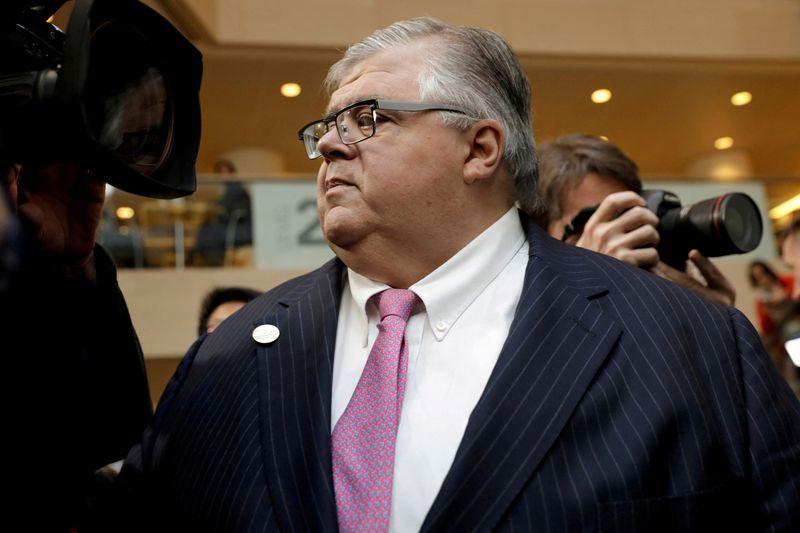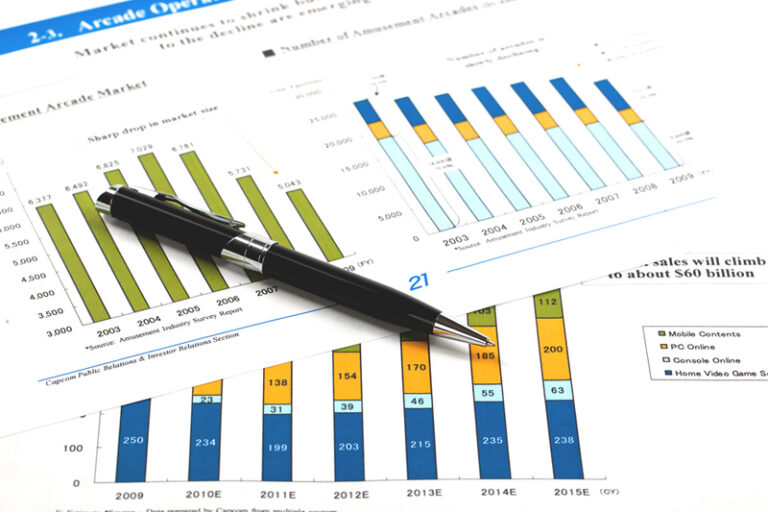Mark Jones
LONDON (Reuters) – Rising government debt levels could roil global financial markets amid several major elections this year, the Bank for International Settlements (BIS) warned on Sunday.
The BIS, dubbed the central bank of central bankers, said the global economy was on track for a “smooth landing” that many economists had questioned when interest rates spiked, but said policymakers, especially politicians, needed to be careful.
Global government debt is already at record levels, and every election carries risks, from the US presidential election in November to recent polls in Mexico and South Africa, to next week’s elections in France and the UK.
Agustin Carstens, general manager at the BIS, said interest rates are unlikely to return to ultra-low levels and that ageing populations, climate change, cost pressures from rebuilding defense capabilities, economic stimulus measures and a general rise in protectionism could unsettle sensitive markets.
“They can surprise you with very little warning,” Carstens told reporters as the BIS released its annual report, pointing to the turmoil in British markets following then-Chancellor Liz Truss’s budget that had pushed some pension funds to the brink of collapse. “That’s something you really want to avoid.”
French debt risk premiums surged this month to their highest since the 2022 euro zone crisis after persistent concerns about U.S. debt levels and French President Emmanuel Macron threatened to call early parliamentary elections on Sunday that could lead to a far-right government.
Carstens said the BIS was not blaming “one or two” governments and the message was clear.
“Governments must contain the growth of public debt and accept the possibility that interest rates may not return to their ultra-low pre-pandemic levels,” he said. “We need a solid foundation to build on.”
Much better place
But the positive is that the central bank has done a good job of containing inflation, which hit its highest level in decades after the COVID-19 pandemic and Russia’s 2022 invasion of Ukraine, which infuriated commodity markets.
“I have to say that compared to last year, we are in a much better situation,” the former Mexican central bank governor said.
Carstens said central banks deserve credit for navigating a difficult path that could lead to a wave of recession, but added they need to persevere, likening the fight against inflation to taking antibiotics to fight a disease.
He described an “extreme” scenario in which inflation spikes again, forcing central banks to raise interest rates further – but this is not what the BIS is expecting.
But a few things will be important: For example, the prices of goods and services relative to core goods remain well below pre-pandemic trends in many countries, and real wages relative to the cost of these goods and services have also fallen during the surge in inflation.
“If either or both of these relative prices were to reverse too quickly, significant inflationary pressures could result,” Carstens said, adding that this could mean “fewer and more gradual rate cuts or, in extreme cases, rate hikes.”

This was consistent with the view that there should be no rush to lower interest rates.
“Premature easing could reignite inflationary pressures and force costly policy shifts,” the BIS report said.

